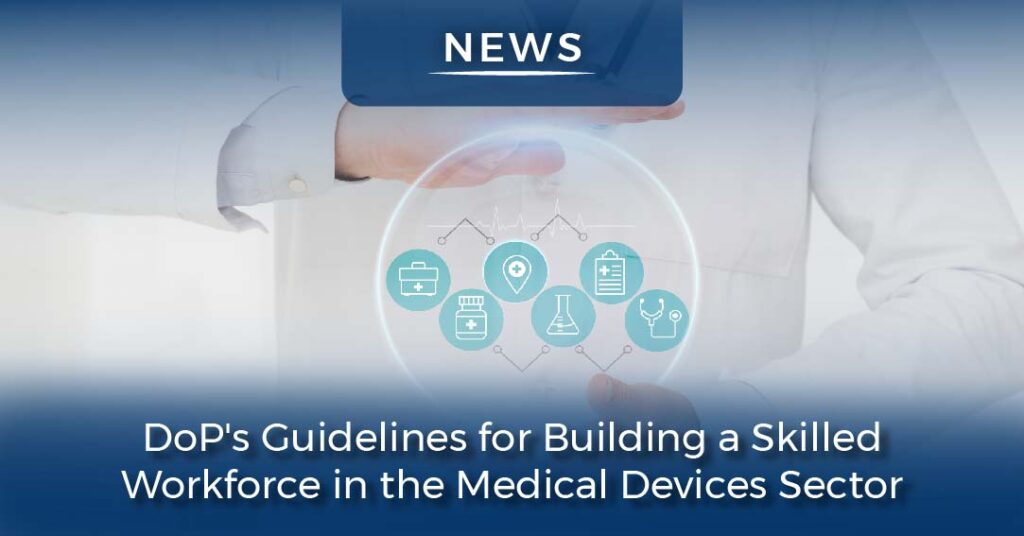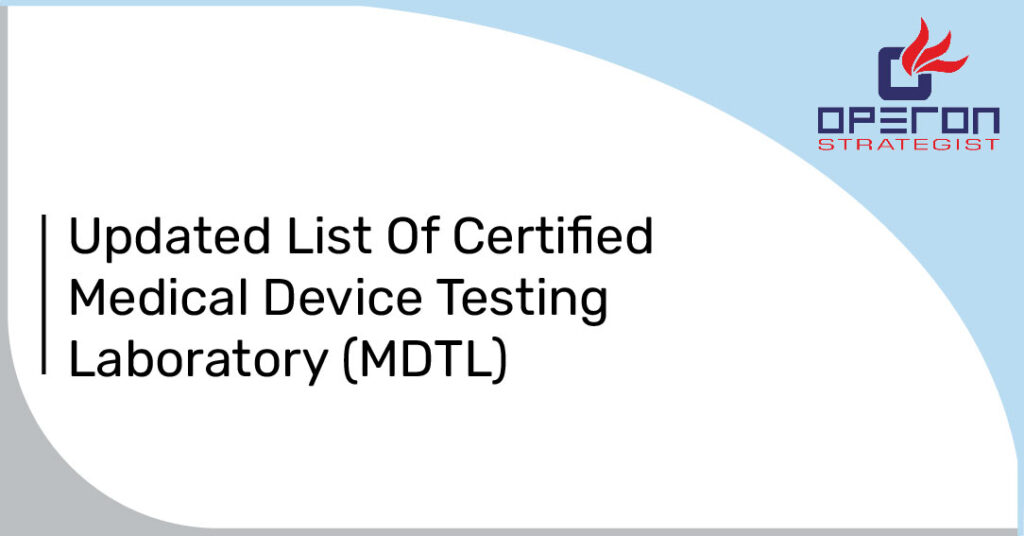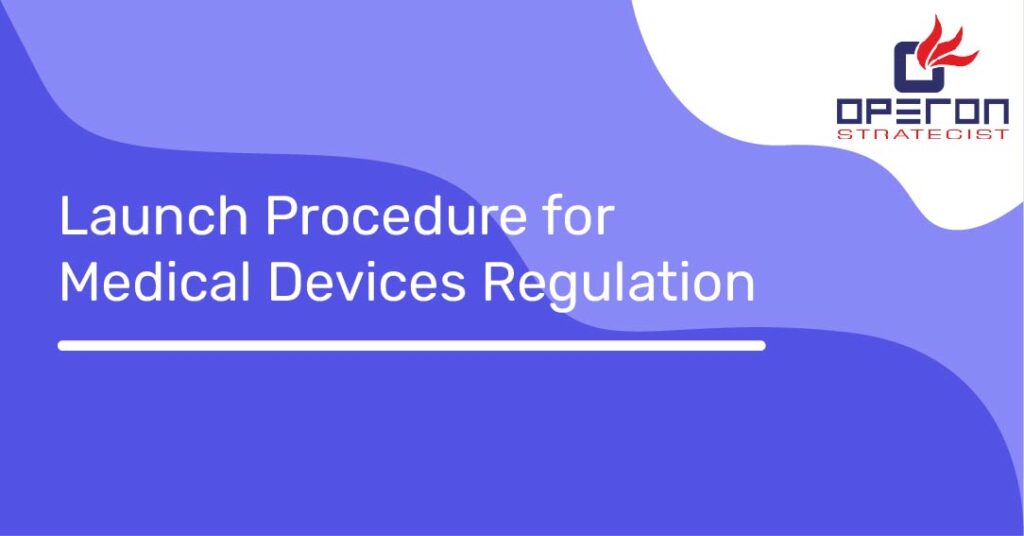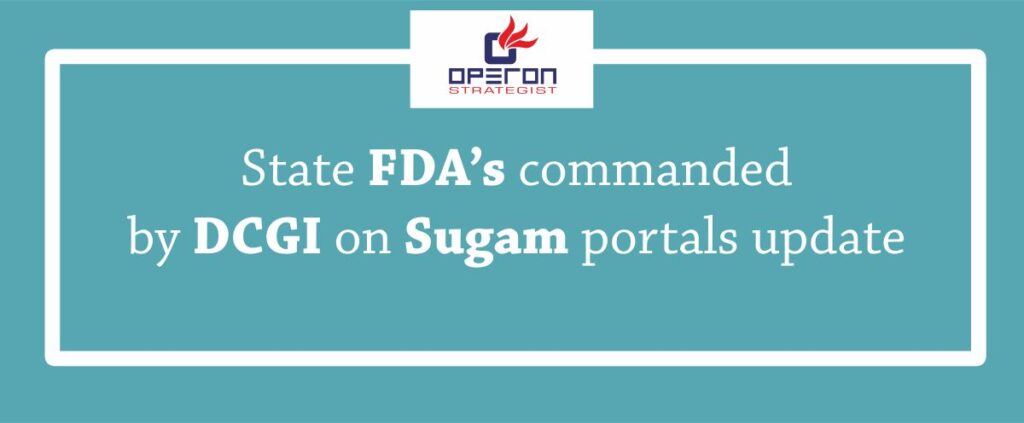DoP's Guidelines for Medical Devices Sector
The Department of Pharmaceuticals (DoP) has unveiled operational guidelines for its Human Resource Development scheme within the Medical Devices Sector. The initiative is set to train approximately 5,400 students over a span of three years, aiming to bridge the divide between the industry and academia. Its overarching goals include nurturing a skilled workforce to serve the industry’s needs and fostering the growth of a robust research and development ecosystem within the medical device sector.
Related News: The Government Has Approved an Education Scheme for the Medical Device Sector
Looking for Medical Device Regulatory Consultants?
Let’s have a word about your next project
The scheme aligns with the Medical Device Policy’s goals, which include achieving a $50 billion market size by 2030 and reducing India’s reliance on imported high-end medical devices. With an allocated budget of Rs. 480 crore for three years, spanning from FY 2023-24 to FY 2025-26, the program targets government universities and institutes offering a range of courses related to medical devices.
Under Component A, the program supports advanced-level postgraduate courses, including MS, MTech, and PG-Diploma in medical devices at existing institutions. The DoP will provide financial assistance to up to 20 central government institutions for three batches of 30 students each. This support covers up to 75% of the course cost or Rs. 21 crore, with Rs. 15 crore allocated for non-recurring expenses and Rs. 6 crore for recurring expenses. The remaining 25% of the cost will be the responsibility of the institution.
Component B focuses on capacity development in medical devices, encompassing design, production, and testing. It includes diploma, certificate, and short-term training courses for existing industry workers, students from various backgrounds, and those eager to join the medical device sector.
The scheme aligns with the budget announcement for 2023-24, dedicated to fostering multidisciplinary courses in medical devices. The main objectives are to bridge education and research gaps in the medical device sector, enhance teaching and training quality, and cultivate excellence in medical technology education. The scheme also aims to generate a well-trained workforce capable of meeting the ever-evolving needs of the medical technology field and establishing a robust research and development ecosystem.
Central government institutions with expertise in one or more disciplines aligned with the scheme’s focus areas, particularly within the Medical Devices sector, will be identified through a collaborative effort involving the DoP and the Project Management Agency. These institutions will be sourced from across the country.
Selection of applicant institutions will be based on the proposals they submit for financial support concerning Postgraduate (MSc/MTech/PG Diploma) and Certification/Training courses. These proposals should adhere to the prescribed format and should clearly outline the expected learning outcomes for each course curriculum, whether core or optional. Furthermore, proposals should detail the practical hands-on exposure provided to students, all of which will be evaluated against predefined objective criteria to determine their eligibility.
Together, We Can Embrace the Future of Medical Device Innovation in India and Beyond.
Operon Strategist, as your trusted medical device regulatory consultant, remains committed to navigating the ever-evolving landscape of the medical devices sector. With the Department of Pharmaceuticals’ groundbreaking initiatives and operational guidelines, we stand ready to help you seize new opportunities. Our expertise extends from bridging industry-academia gaps to compliance with regulatory frameworks.





